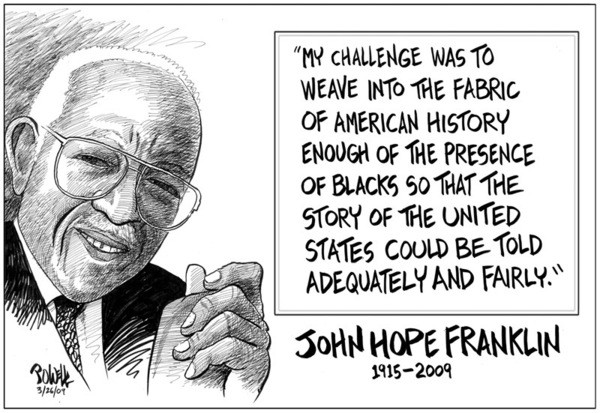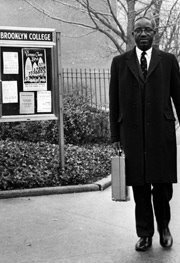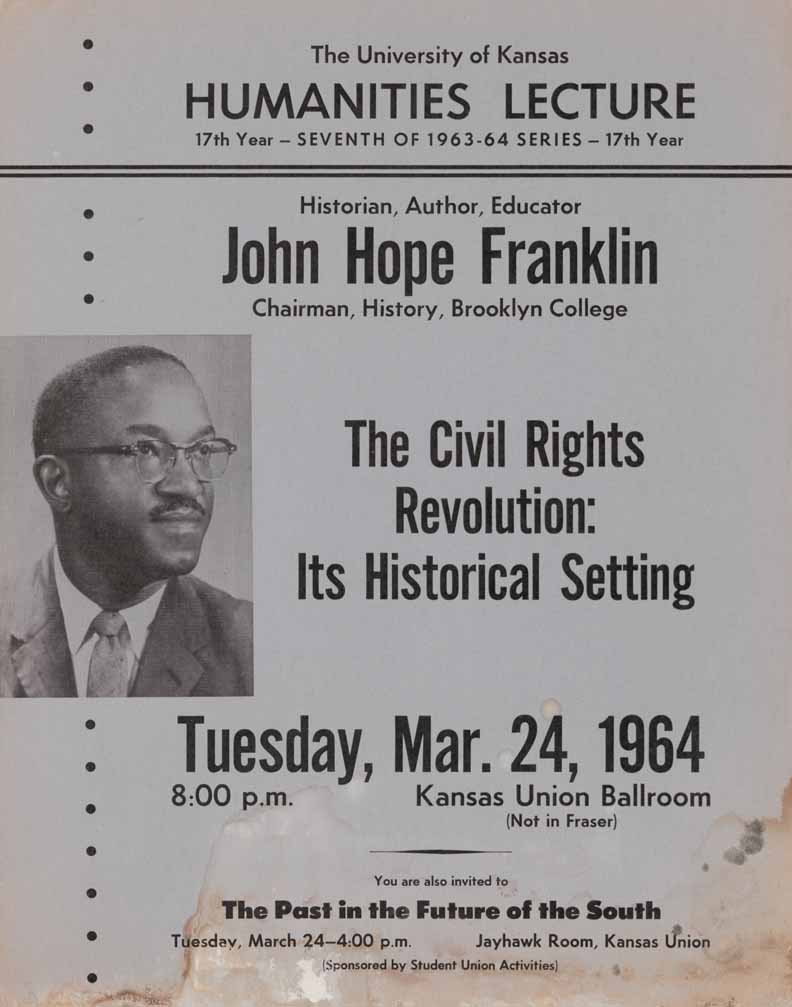While historians have dealt with the Proclamation as a phase or an aspect of the Civil War, they have given scant attention to the evolution of the document in the mind of Lincoln, the circumstances and conditions that led to its writing, its impact on the course of the war at home and abroad, and its significance for later generations. A few have devoted considerable attention to the Proclamation. In his, The Great Proclamation Henry Steele Commager has written a delightful, brief account for children. Benjamin Quarles covers the matter in his Lincoln and the Negro but his interest properly extends far beyond the Proclamation. Charles Eberstadt has written a valuable article,”The Emancipation Proclamation,” that deals largely with the texts of the numerous manuscripts and printed drafts of the document.
 The ramifications, as well as the implications of the Emancipation Proclamation, seemingly endless, and many of them have doubtless escaped me. But I have sought to deal here with the principal outlines of the history of the document and to indicate its general significance to contemporary as well as to later generations. As a war measure, its significance is, perhaps, fairly well known. As a moral force during and after the war, its importance is, to some students of the period, elusive. As a great American document of freedom, it has been greatly neglected. In these and other ways I have sought to place it in its setting and give it its proper evaluation.”
The ramifications, as well as the implications of the Emancipation Proclamation, seemingly endless, and many of them have doubtless escaped me. But I have sought to deal here with the principal outlines of the history of the document and to indicate its general significance to contemporary as well as to later generations. As a war measure, its significance is, perhaps, fairly well known. As a moral force during and after the war, its importance is, to some students of the period, elusive. As a great American document of freedom, it has been greatly neglected. In these and other ways I have sought to place it in its setting and give it its proper evaluation.”
— John Hope Franklin in”Reconstruction after the Civil War”
“Despite a large number of books and articles touching on the subject, there is still no full-length study of runaway slaves. In fact, much of the scholarship about slave resistance continues to be dominated by the conceptual framework and the focus presented by Herbert Aptheker more than a half-century ago: “The Machinery of Control,””Early Plots and Rebellions,” The Turner Cataclysm and Some Repercussions,” and”The Civil War Years.” Perhaps no book has”exercised such dominion over a subject of prime importance,” Genovese writes, as American Negro Slave Revolts. Peter Kolchin recently observed, however, that Aptheker probably exaggerated the extent of slave unrest. He lamented that there is still no adequate study of slave resistance or slave flight.
We have undertaken an extensive examination of”slave flight” between 1790 and 1860. It reveals, among other things, some problems of management of the South’s”peculiar institution.” It shows how a significant number of slaves challenged the system and how the great majority of them struggled to attain their freedom even if they failed.
The price they paid for their unwillingness to submit was obviously enormous. This study reveals how slave owners marshaled considerable effort to prevent the practice of running away, meted out punishments to slaves who disregarded the rules, and established laws and patrols to control the movement of slaves. It also exposes the violence and cruelty that were inherent in the slave system. Indeed, it shows, perhaps better than any other approach, how slaves resisted various forms of violence and how slave owners responded, at times brutally, to demonstrate their authority over their human chattel.


